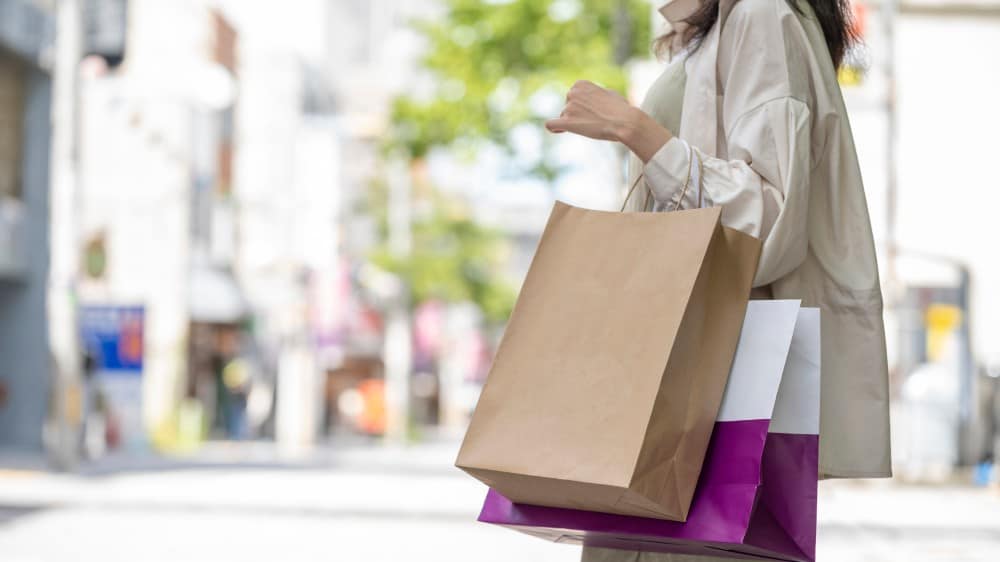Buy now pay later (BNPL) firm Klarna has announced it is launching a physical card in the UK. Customers will be able to get their hands on a little pink or black card they can use to purchase items in store or online.
Will this be good news for customers? Or does it risk plunging more people into debt?
[top_pitch]
Key details of the Klarna card
- Visa physical card in either black or pink.
- You can pay via Apple Pay or Google Pay.
- Payments must be made in 30 days.
- The payment due date can be extended for 10 days for free.
- In-store contactless payment.
- Instant push notifications for all transactions, even if the payment is declined.
The benefits
There are some potential benefits to a Klarna card:
- Daily eligibility checks. This could help protect consumers from overspending and taking on debt they cannot afford to pay back.
- No foreign exchange fees or mark-ups.
- Real-time spending updates. These are available on the app and via push notifications.
- 24/7 in-app customer support.
The debt risk of the Klarna card
Despite these positives, there are some serious risks, notably surrounding cardholders taking on large amounts of debt.
The eligibility requirements for the Klarna card are not as stringent as with other traditional credit cards. Klarna says prospective customers will undergo a ‘soft’ credit check and must have used Klarna at least once before and repaid the amount owed in a timely manner.
This means a lot of people who would struggle to be approved for a traditional credit card may find themselves with access to significant amounts of credit.
What’s more, outstanding balances have to be paid within 30 days. This makes the debt very urgent. Some customers may struggle to keep pace with the repayments.
While BNPL is often presented as ‘risk free’, the opposite may be true. Missing payments could lead to you being contacted by debt collectors.
[middle_pitch]
What the experts say
Unsurprisingly, Alex Marsh, head of Klarna UK, is a big fan of the new card.
He said: “Consumers are rejecting credit products which charge double-digit interest rates while allowing repayments to be put off indefinitely.
“For online purchases where credit makes sense, buy now pay later has become the sustainable alternative with no interest and clear payment schedules. The launch of Klarna Card in the UK brings those benefits to the offline world, giving consumers the control and transparency of BNPL for all of their in-store purchases.”
However, not everyone is quite so enthusiastic. Debt expert Sarah Williams, who runs the Debt Camel blog, told the Mirror: “With this new card, some users may accumulate more debt that it is urgent to repay than they can easily manage.
“This is made worse if they have bought several items at different times using different buy now pay later accounts – then it isn’t easy to see how much you owe overall and what needs to be paid by when.”
She went on to warn: “What seemed like a convenience could result in you missing a payment, being contacted by debt collectors.”
If you’re not sure Klarna is the best option for you, why not take a look at our top-rated credit cards for 2022 instead?







